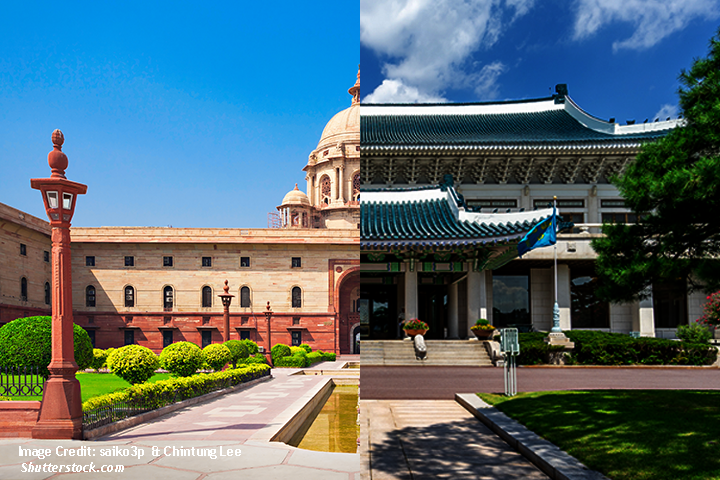What Will Be the India-ROK Trajectory Post 2022 Presidential Elections?

Mahima Duggal and Jagannath Panda
- As Moon Jae-in moves towards the end of his presidency, his legacy in the foreign policy domain consists most prominently of his administration’s New Southern Policy (NSP) Plus, which comes as a strategy to bolster ties with ASEAN and India as a way to shift the peace dynamics in the region and sustain peace and stability in the Korean Peninsula.
- Since 2018, India and South Korea have seen great momentum in both defense and economic domains. With a change in guard in the Blue House, this paper looks at how the NSP and India-South Korea ties will fare under the new leadership.
- The paper argues that regardless of a change in the leadership, India will continue to be a key focus in South Korean regional and international outlook. the NSP Plus highlights the congruence between the ROK, India, and ASEAN in key areas (including the Indo-Pacific), and is thus poised for continuity under the next government—even if under a different branding and with new details.
- Under its Act East Policy, New Delhi is increasingly concerned with peace and security in East Asia, including in the Korean Peninsula. Its existing and long-standing ties with Pyongyang can be an asset for Seoul to enable North-South exchanges that advance the peace process. Further, as South Korea faces increasing pressure to formulate an Indo-Pacific strategy amid heightening regional tensions (and considering its status as a formidable middle power), greater interaction with India and alignment with India’s inclusive approach and multipolar vision for the region will be vital. Such factors, alongside trade and economic growth considerations, will continue to drive India-South Korea engagement in the coming times, regardless of changes in leadership.